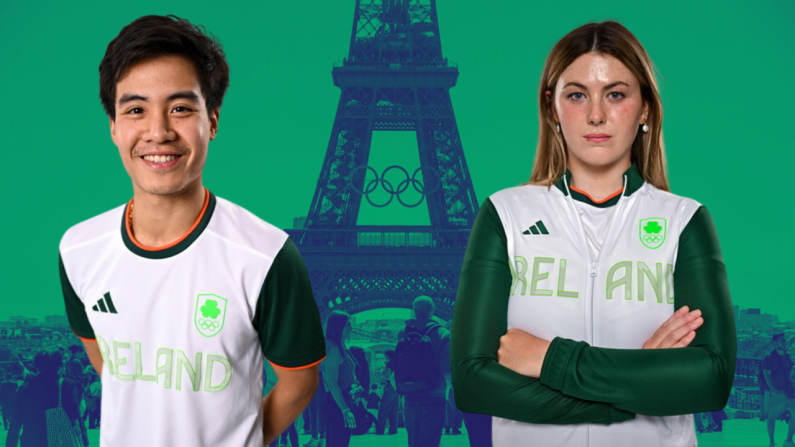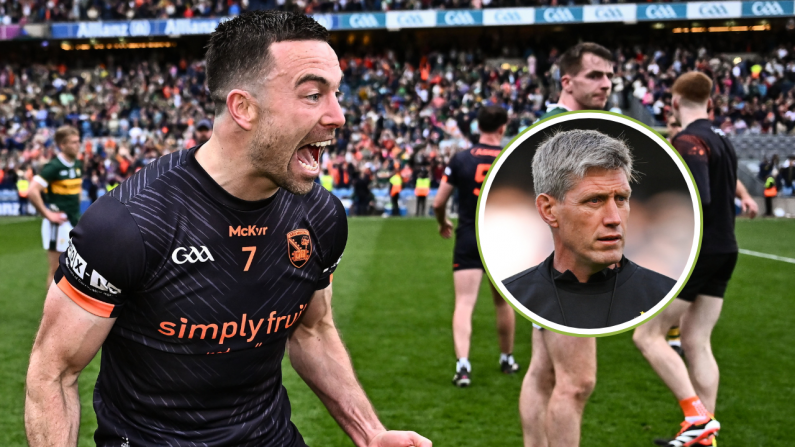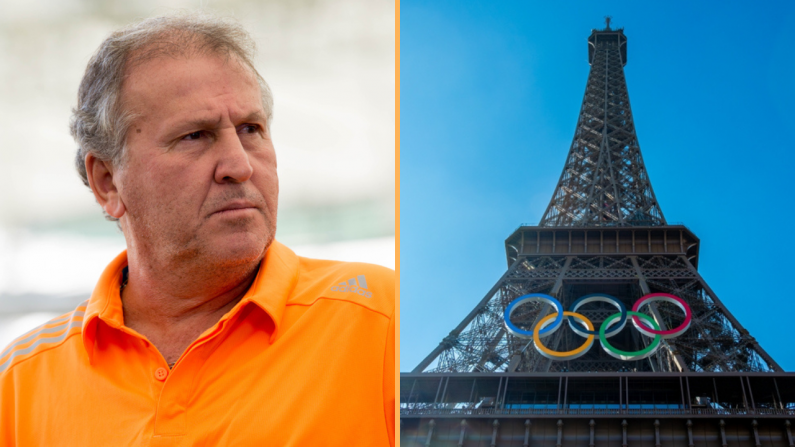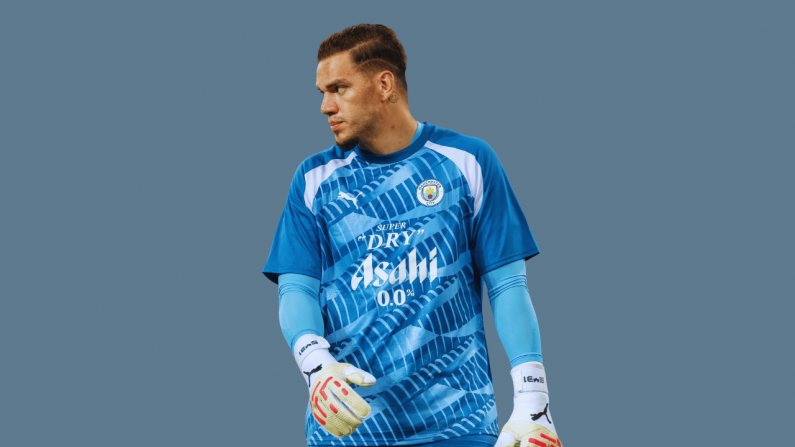“It was the best of times, it was the worst of times, it was the age of wisdom, it was the age of foolishness, it was the epoch of belief, it was the epoch of incredulity.”
Rarely have the writings of Charles Dickens held so much relevance in the modern era of Premier League mega clubs, yet they feel entirely pertinent to Manchester United’s current situation.
Wednesday’s defeat to Burnley came almost exactly a year after they had salvaged a last gasp 2-2 draw under floodlights against the same opposition, but the games may as well have been a decade apart, such is the difference at Old Trafford.
While both games actually panned out in a similar manner (except for the result), the mood around the once-great club could hardly be more disparate.
What a difference a year makes.
Winding the clock back 12 months, a buoyant United welcomed Burnley to Old Trafford in a better place than they had been in years. They had beaten Arsenal in the FA Cup the previous Friday to extend their winning run under Ole Gunnar Solskjaer to eight games – their longest in the post-Ferguson era.
But Burnley have always posed problems for United at Old Trafford and Solskjaer’s side hit a wall for the first time under the Norwegian. United were listless and struggled to break down the defensive structure typical of any Sean Dyche side. For their part, Burnley hit United with two sucker punches to take a two-goal lead, the first team to hit the front against Solksjaer’s rejuvenated United.
Trailing by two goals with just five minutes left, the writing was on the wall for United, but they hit Burnley with sucker punches of their own to rescue a point. The winning run was over, but you wouldn’t know it from the reaction.
Make no mistake, this was a game United would have lost under the previous regimes of Jose Mourinho or Louis Van Gaal. The way they had arrogantly sparked into life in the final five minutes despite hardly playing for the previous 85 was so reminiscent of the great Ferguson teams you’d swear the great man himself was back in the dugout.
The draw might have been a blessing in disguise for Solskjaer too. That eight-game winning run was never sustainable and was going to come to an end eventually.
Yet that gripping finale afforded Solskjaer a second bounce and United rallied yet again, winning four of their next five league games, dumping Chelsea out of the FA Cup at Stamford Bridge and, of course, recording one of the most famous Champions League nights of the club’s long history in Paris.
The Burnley game was the catalyst for United’s sustained run of brilliant results and, for a moment, it looked as though the club was finally heading in the right direction again after a long spell of obsolescence.
Fast forward 12 short months, however, and the picture has seldom looked bleaker.
In many ways, their most recent result against Burnley echoed that night a year ago. Then, as now, United found Burnley’s back four intransigent and unforgiving for large parts of the game. Then, as now, two burly, Burnley strikers struck to give the Clarets a two-goal lead.
There are two key differences though.
Firstly, there was to be no late showing from Solskjaer’s men this time and they slumped to a first home defeat to Burnley since 1962.
Secondly, and far more importantly, was the mood swing at Old Trafford. Empty seats were littered around the footballing arena as United fans voted with their feet and decided to stay away from Wednesday’s game after a flurry of frankly appalling results. A good deal more United fans joined them as the game headed down the final straight.
The change in atmosphere was palpable and the full-time whistle was greeted with an inevitable chorus of boos.
But it is unlikely that a late comeback akin to the one 12 months ago would have lifted the gloom that has descended on the Theatre of Dreams. Even a win would barely paper over the very large cracks that have been growing all year.
Burnley finally ending their Old Trafford hoodoo after twice squandering two-leads in recent seasons will be one of the main narratives from Wednesday’s match and rightly so, but they are not the first team to break their Manchester United duck in the years after Ferguson.
West Brom, Everton and Newcastle to name but a few have all gone to Old Trafford and, sensing blood, finally left with a rare three points. Yet for every team that has finally beaten Manchester United on their own patch, there has been a sense of a struggle, a sense of hanging on.
Crystal Palace, for example, ended a 21-year wait for a win at Old Trafford last August but had to work mightily hard to do so, relying on missed penalties, poor officiating and even worse finishing.
There was no sense of that on Wednesday night. From the moment Chris Wood volleyed Burnley into the lead, it was a foregone conclusion that they would leave with three points.
Much to the chagrin of red-clad supporters, there was no creativity, no penetration, no ideas, no passion.
Of course, Solskjaer is not entirely to blame for United’s woes, but it can be simultaneously true that there is a pressing need for a change of manager as well as far more serious concerns at the club.
His side simply aren’t able to break down defensively organised teams, something that is demonstrated by a damning statistic when United fall behind.
That Burnley game last January was the first occasion United had gone behind under Solskjaer, and they rose to the challenge spectacularly. However, it proved to be an outlier and in the 17 league games they have fallen behind in since, they have won just twice and managed just three paltry draws.
Perhaps it would be fitting if the United hierarchy decide enough is enough following the defeat to Burnley; they are precisely the sort of team that Solskjaer has toiled the most against.
"He's a manager that's in trouble... They look lost at the minute... I just don't think that Ole's the right fit."@MCATEER4 blames former #MUFC players Gary Neville and Roy Keane for keeping Solskjaer in a job! #beINPL #MUNBUR pic.twitter.com/shtH2FLrLX
— beIN SPORTS (@beINSPORTS_EN) January 22, 2020
An embodiment of Brexit with their two banks of four and their inflexible adherence to Sean Dyche’s teachings, Burnley invited pressure from United safe in the knowledge that they had neither the players nor the tactics to break them down.
Dickens’ opening monologue in his magnum opus A Tale of Two Cities ends with the line “it was the spring of hope, it was the winter of despair.”
The latter pretty much sums it all up.
See Also: 'I’m Ready To Answer You Because I Had A Long Conversation With Him Today'











